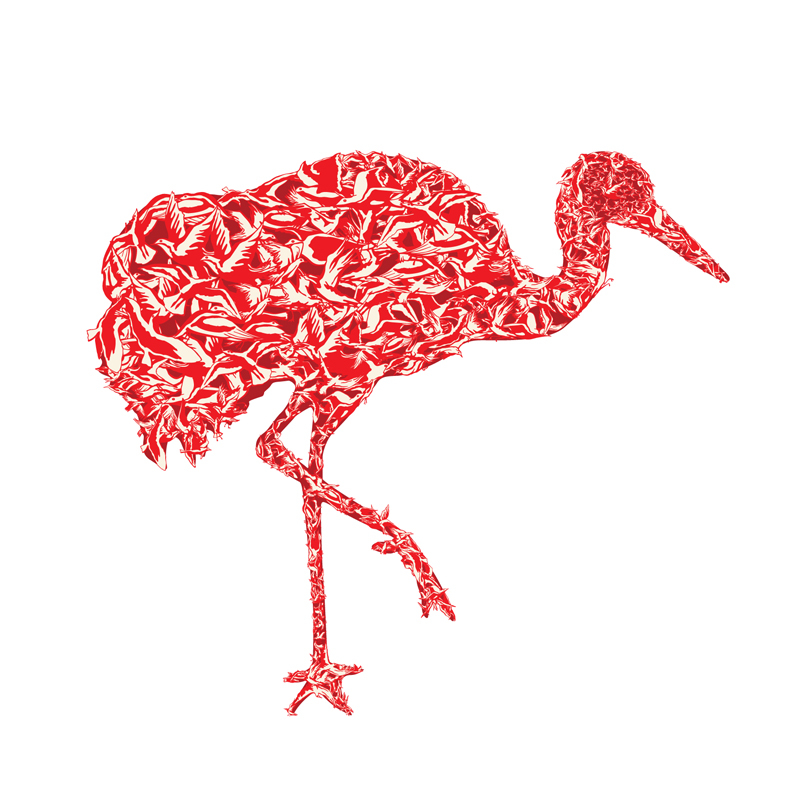Q&A WITH JESSICA JOHNSON
Love & Logic Independent Facilitator
Question: What made you decide to be a Love & Logic Instructor?
Answer: My husband and I took one of their classes, and right from the start we were taught techniques that we could implement at home with our children. We did, and they worked! I am a preschool teacher and I kept telling my director all about it. She suggested that since it worked so well with my family, I should consider becoming a facilitator.
Question: For those who aren’t familiar with Love & Logic, what’s the basic premise?
Answer: Love and Logic teaches parents to set firm but loving limits, to allow children to make mistakes in a loving environment, and to let them learn from their mistakes - not from parents lecturing, threatening, or warning them.
Question: What’s your favorite example of how Love & Logic has worked in your home or classroom?
Answer: One of my favorite books by the Love and Logic Institute is on chores and allowance, called Millionaire Babies or Bankrupt Brats. By giving my children an allowance, I have eliminated the begging and tantrums that used to come whenever we went shopping. Now that they have their own money and can make their own purchasing decisions, running errands with them is pleasant again! And I am no longer deciding what is or isn’t important to them. For example, my son decided he wanted a $60 Halloween costume. I told him I would be happy to pay for half of it if he would pay for the other half. He had been saving his money for a video game and he told me he'd need to think about it. The next day, he let me know that the video game was more important to him and that he would just wear a costume he already had. I love that he had the ability to figure that out on his own, without my input.
Question: What’s your favorite Love & Logic tip?
Answer: My favorite tip or technique is called the Enforceable Statement. This technique teaches you how to word limits in a positive “I will” message, rather than a negative “you will” message. For example, saying, “I am happy to take children to the park who have finished putting away their toys,” instead of “I told you to put your toys away five minutes ago!”
Question: What kinds of skills can parents expect to walk away with after taking your class?
Answer: Parents will walk away with skills that will allow them to handle any situation their child can throw at them. My favorite thing about Love and Logic is that it truly gives you the language to effectively communicate with your children – to know what to say in any situation.
Question: For those parents in Austin, please tell us when your next set of classes will be. For those outside of Austin, how can they find a local class of their own?
Answer: I will be facilitating the Love and Logic Early Childhood Made Fun curriculum at Westminster Presbyterian Day School starting Sunday, October 26th and running through November 23rd. We will meet every Sunday from 4 – 6 pm for five weeks. Anyone interested can email me at jpriour@hotmail.com for more information on this or other classes. For those outside of Austin, they can call the Love and Logic Institute at 1-800-338-4065 to find a facilitator in their area.
ABOUT JESSICA
Jessica Johnson graduated from the University of Texas at Austin with high honors and is a member of Phi Beta Kappa. She has been teaching toddlers at Westminster Presbyterian Day School for 10 years. She has been a facilitator for Love and Logic for two years. She lives in Austin with her husband Chris Johnson, and their son Brooks (age 9) and daughter Adelaide (age 6).
Website: loveandlogic.com Email: jpriour@hotmail.com



